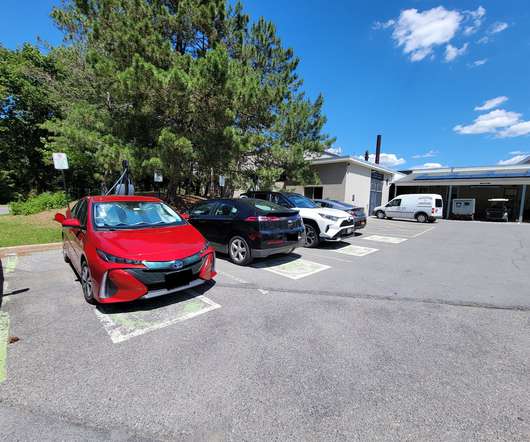SOLETAIR project produces first 200 liters of synthetic fuel from solar power and atmospheric CO2
Green Car Congress
AUGUST 8, 2017
The SOLETAIR project ( earlier post ) has produced its first 200 liters of synthetic fuel from solar energy and the air’s carbon dioxide via Fischer-Tropsch synthesis. The mobile chemical pilot plant produces gasoline, diesel, and kerosene from regenerative hydrogen and carbon dioxide.























Let's personalize your content